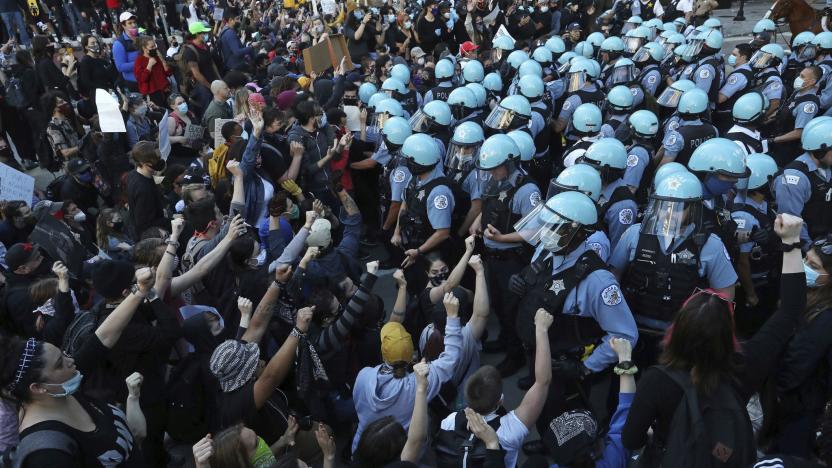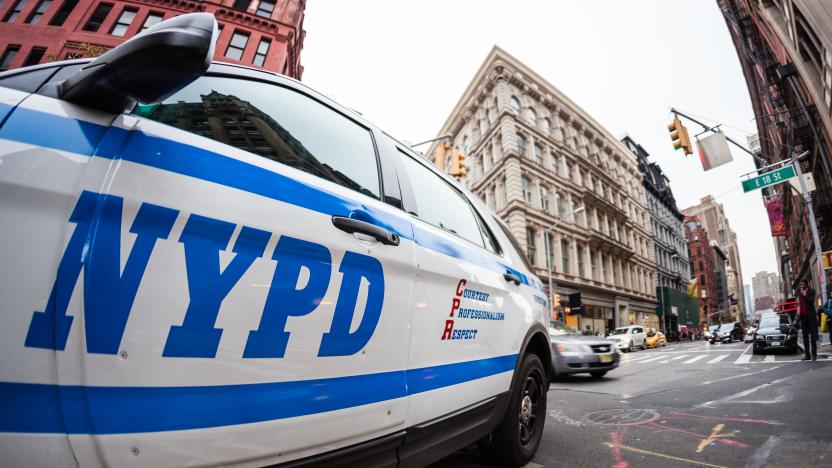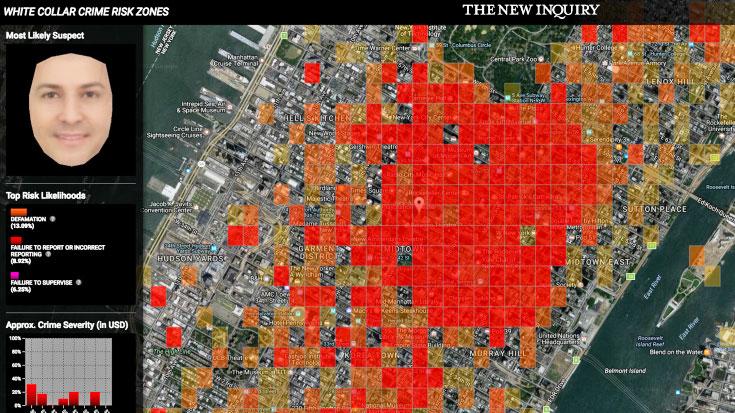predictive policing
Latest

Hitting the Books: Tech can't fix what's broken in American policing
'More than a Glitch' from data journalist Dr. Meredith Broussard examines the myriad failings of modern automation and the price BIPOC people pay for them.

NYPD secretly spent $159 million on surveillance tech
Documents show the department paid millions for facial recognition, vans equipped with x-ray machines and more.

'Predictive policing' could amplify today's law enforcement issues
Law enforcement in America is facing a day of reckoning over its systemic, institutionalized racism and ongoing brutality against the people it was designed to protect. Virtually every aspect of the system is now under scrutiny, from budgeting and staffing levels to the data-driven prevention tools it deploys. A handful of local governments have already placed moratoriums on facial recognition systems in recent months and on Wednesday, Santa Cruz, California became the first city in the nation to outright ban the use of predictive policing algorithms.

'White Collar' crime tracker mocks police profiling bias
As Police forces edge ever closer to realizing the plot of Minority Report, a new art-slash-research project aims to point out inequality in our society. With White Collar Crime Risk Zones, three artists come researchers are reworking predictive policing tech to highlight police bias. Instead of utilizing heat maps to predict where street crime could occur, this software flags potential financial crime hotspots. Using an algorithm based on historical white collar offences committed since 1964, it assesses the risk of financial crime in any given area, even predicting the most likely offense.


